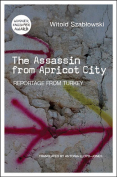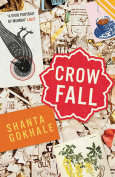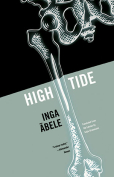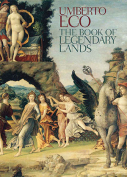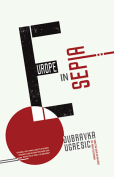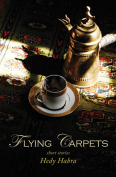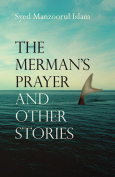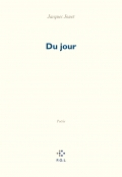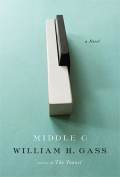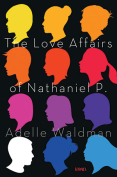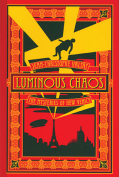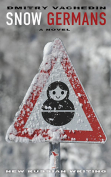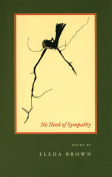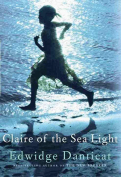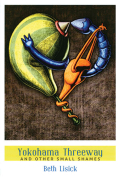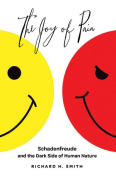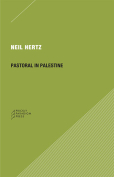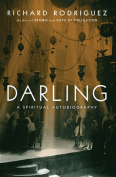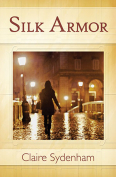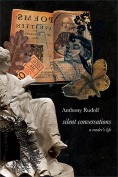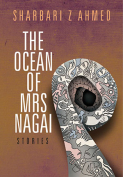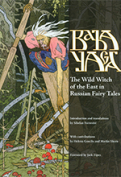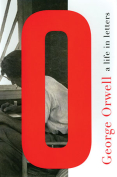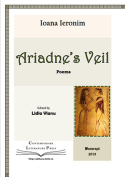City That Ripens on the Tree of the World by Robin Davidson
Philadelphia. Calypso Editions. 2013. ISBN 9780988790308
 We are being buried alive under the huge number of poetry titles published not only each year but each month. Most of the books are by younger poets, many of whom are recent graduates of MFA programs. As someone who tries to keep up with the latest trends and preoccupations of poetry, I can attest that much of what’s being written by the emerging poets has no chance of making a lasting impression; that’s how gimmicky and mannered it feels. So when a poet who’s been working on her craft for years finally decides to publish her work, I take notice. Such is the case with Robin Davidson, a professor of English and translator of Polish poetry who published not one but three collections this past year, including the full-length Luminous Other.
We are being buried alive under the huge number of poetry titles published not only each year but each month. Most of the books are by younger poets, many of whom are recent graduates of MFA programs. As someone who tries to keep up with the latest trends and preoccupations of poetry, I can attest that much of what’s being written by the emerging poets has no chance of making a lasting impression; that’s how gimmicky and mannered it feels. So when a poet who’s been working on her craft for years finally decides to publish her work, I take notice. Such is the case with Robin Davidson, a professor of English and translator of Polish poetry who published not one but three collections this past year, including the full-length Luminous Other.
At the heart of City That Ripens on the Tree of the World is Davidson’s preoccupation with the past and how it informs the present. Dredging up one’s personal history isn’t always a welcome strategy, but Davidson’s poetry shines with insights and riveting images largely because she allows her poems to travel along wherever she goes. For instance, in the gorgeous “Window,” the poet observes “the October Polish sun . . . flooding the room” and recalls a photograph, taken in 1978, featuring her father, “drunk with the presence of all he loves.” The layering of time and place leads to a stark epiphany when the speaker equates the world with a window, that “Porous realm of what is or was or could be.”
A keen eye is indispensable to anyone wishing to stop time, if only momentarily. In “Self-Portrait: Trieste,” Davidson visits her birthplace, but her humility suggests she longs to experience the city metaphorically and physically anew each time. “I am listening for what is not there,” she begins, and then, after a few snapshots of her parents, ends the poem by reminding us of the “forty, fifty years of naming, renaming” experienced by the region and its shifting borders as much as by the poet herself.
The city of Kraków, where Davidson taught for a year as a Fulbright scholar, figures prominently in this collection. Strolling around Jordan Park, surrounded by the busts of esteemed Poles, including poets, the American poet experiences “history’s pulse,” perhaps without realizing that she herself wills that experience into being and is thus part of the commemoration. After all, she is, not unlike her heroine Mrs. Schmetterling, “Any century’s woman,” whose “imagination is / pressed like a tiny chestnut blossom between the pages.” But ironically, and victoriously, Davidson is also mapping out “the enormity of space,” where one’s sense of belonging evaporates as much as it allows one to cling to “a possibility for more // than dissolution.” Indeed, this book is filled with poems that sing and cry, and while doing so they echo with “an ancient call” that keeps us company when we search for God, watch “cumulus clouds rising above a death camp,” or free the “soul’s wilderness” to spread “like milkweed / in the garden plot that no one owns.”
Piotr Florczyk
Santa Monica, California

